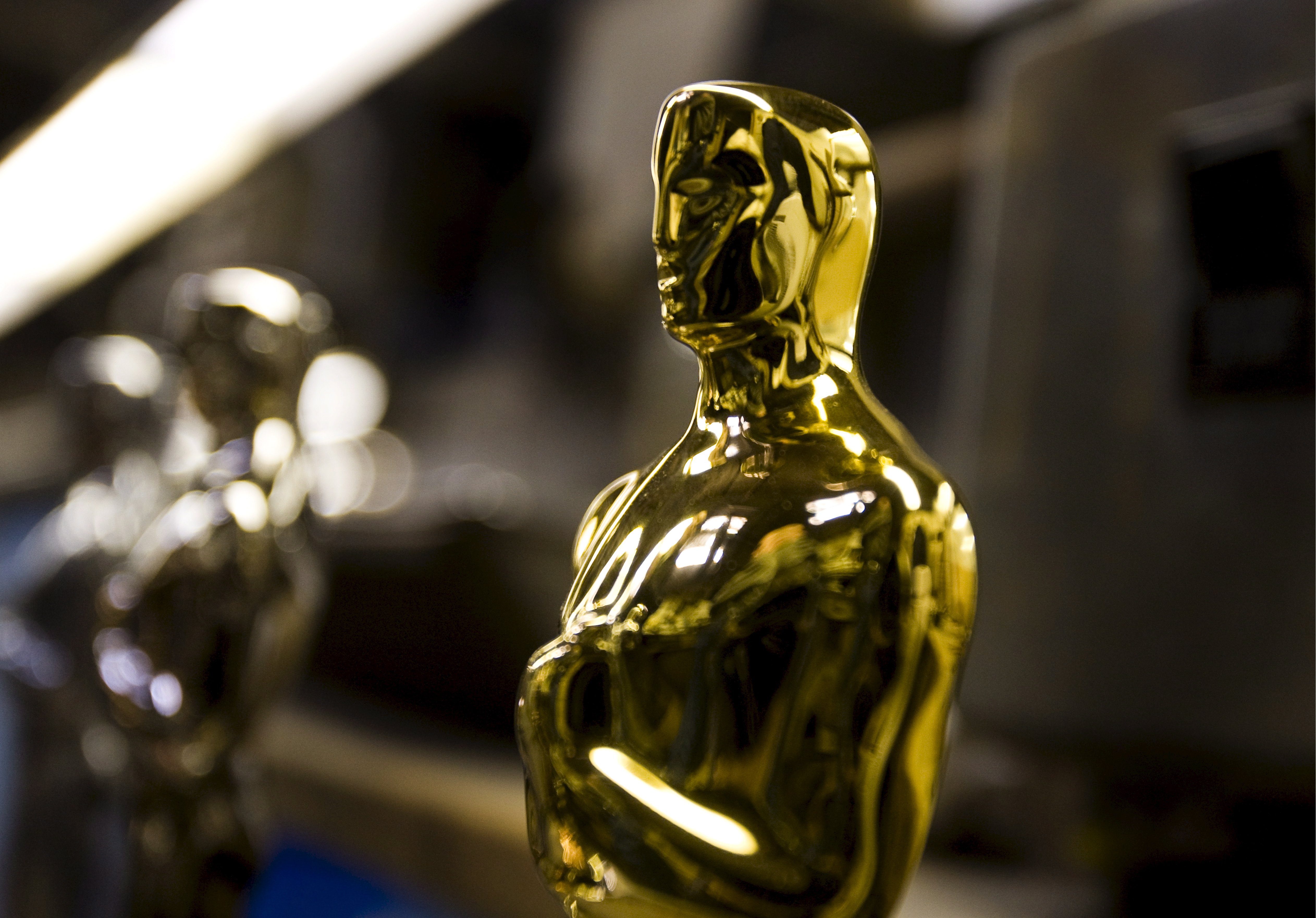
Hollywood’s biggest night of the year
For movie lovers, the Academy Awards gives us an opportunity to revel in the entertainment industry’s best work of the year; for fashion lovers, to see stars in their most elaborate gowns and get-ups; for celebrity watchers, to get a rare look at the “who’s who” of Tinseltown, hear their heartfelt speeches, and see what unexpected or wacky moments could happen. After all, it’s live TV! But the history of the Oscars, now in its 92nd year, also presents a chance to relive Hollywood’s Golden Age by looking back on the actors, directors, and films that have become classics.
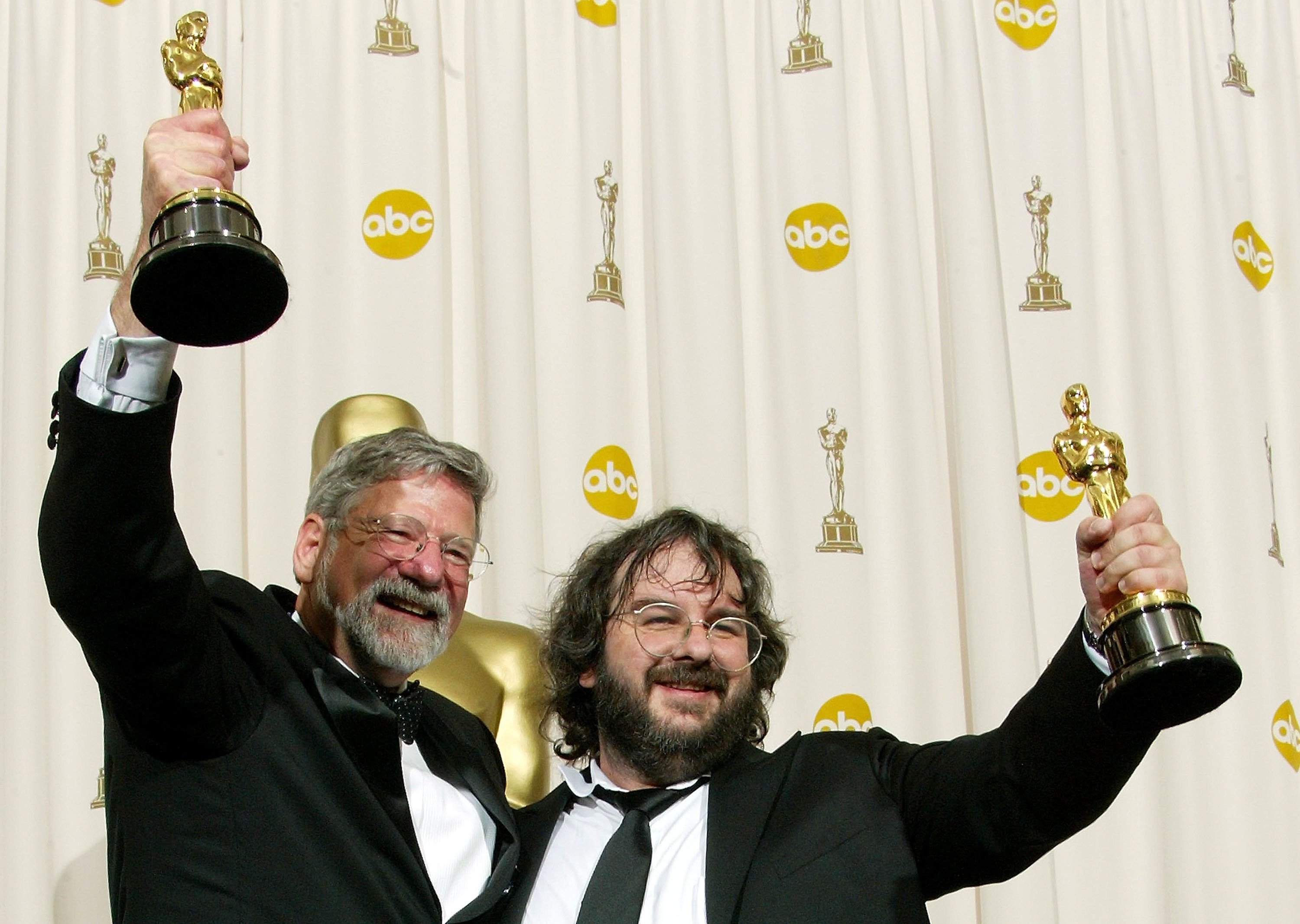
Three movies have won the most awards ever
Three films have tied for winning 11 awards, the most ever: The Lord of the Rings: The Return of the King (2003), Titanic (1997), and Ben Hur (1959). The Lord of the Rings: The Return of the King also has the distinction of winning every category it was nominated for, in the biggest sweep in Oscar history; it’s also only one of two sequels to win Best Picture, with The Godfather Part II (1974). Titanic, All About Eve (1950), and La La Land (2016) scored the most nominations ever with 14 nods; La La Land also had the most nominations ever without winning for Best Picture. But The Turning Point (1977) and The Color Purple (1985) had the most nominations without a single win, both shut out with 11 nods.
Check out these hidden messages in The Lord of the Rings trilogy you never noticed.
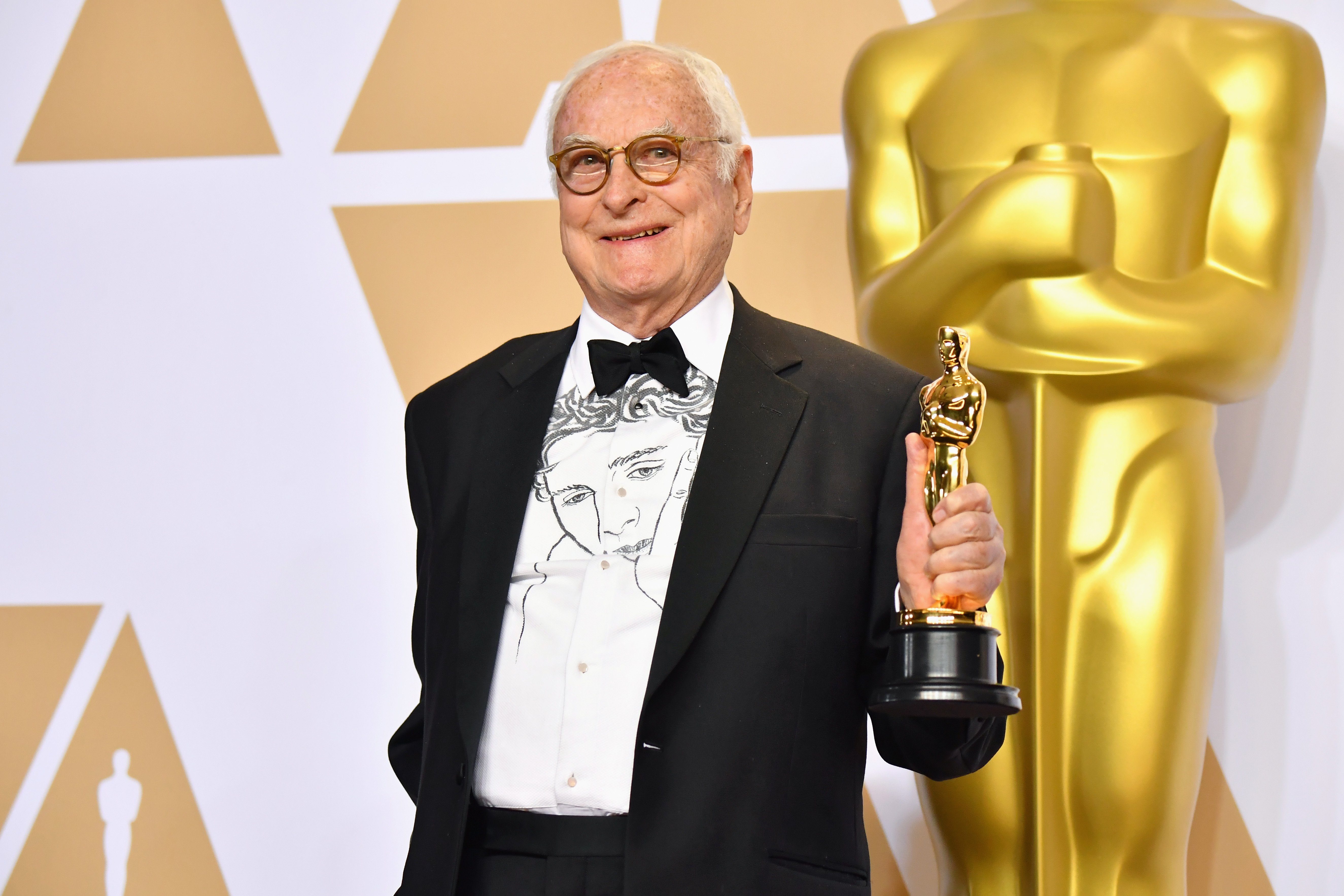
There is a huge age difference between the nominees
The youngest ever Oscar winner for a competitive acting award was Tatum O’Neal, 10, for Paper Moon (1973); the oldest was Christopher Plummer, 82, for his role in Beginners (2011). Plummer also holds the record for oldest acting nominee at 88 years old for All the Money in the World (2018). But the oldest ever Oscar winner in any category was screenwriter James Ivory, at 89 years old for Call Me By Your Name (2017). At the 2013 Oscars, two actresses made history as the youngest and oldest nominees ever in the Actress in a Leading Role category: Quvenzhané Wallis, 9, for Beasts of the Southern Wild, and Emmanuelle Riva, 85, for Amour.
Find out the most popular movie the year you were born.
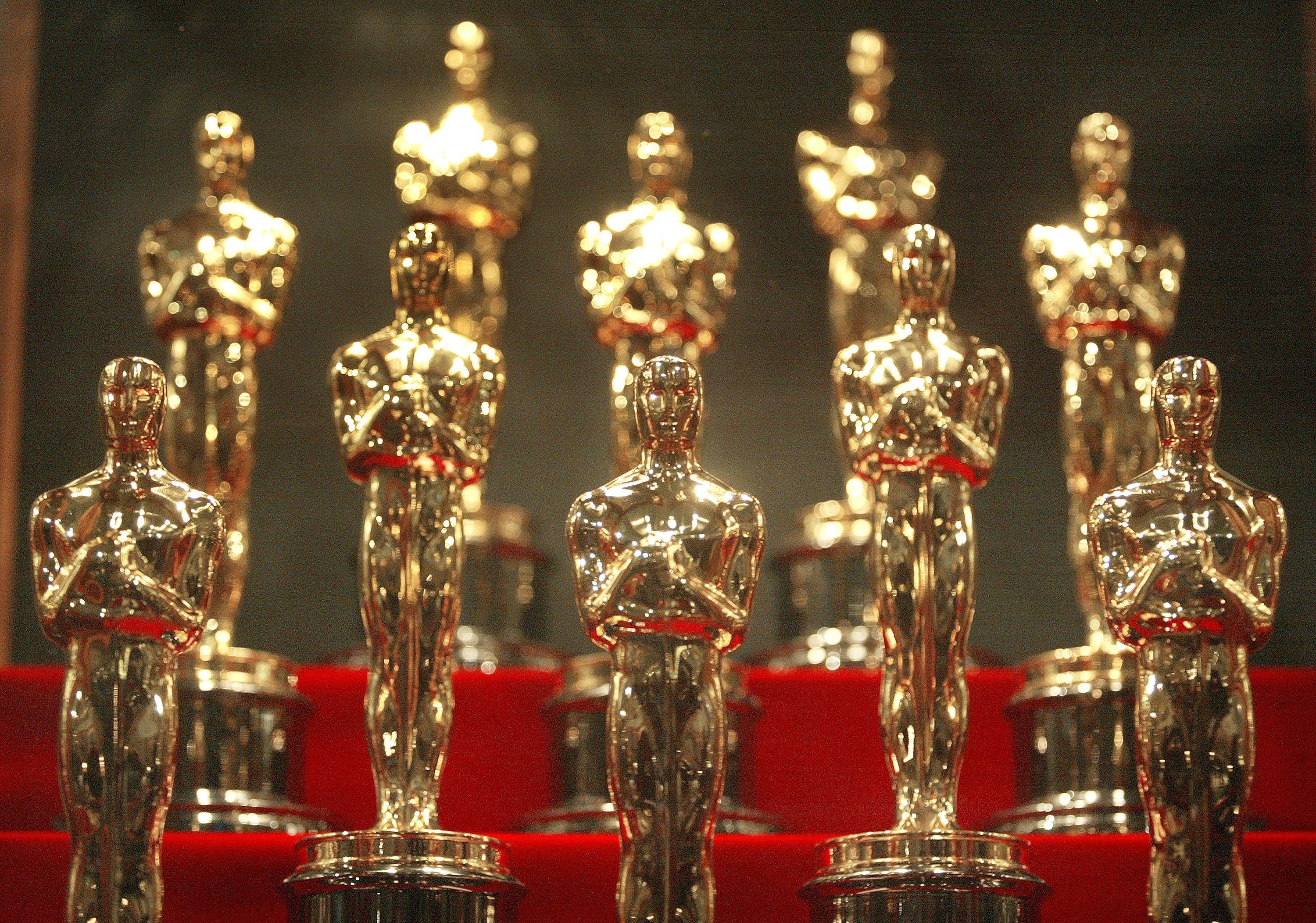
The statuettes are worth millions
Singer Michael Jackson paid $1.54 million in 1999 to own producer David Selznick’s Best Picture Oscar for the 1939 classic Gone With the Wind. But strangely, that Oscar itself is now gone with the wind: After Jackson died in 2009, the executors of his estate couldn’t find the statuette. Did another Jackson family member snatch it? Is it just hidden away somewhere? Was it outright stolen? No one knows. “The estate does not know where the Gone With the Wind statuette is,” Jackson attorney Howard Weitzman told the Hollywood Reporter in 2016. “We would like to have that Oscar because it belongs to Michael’s children. I’m hopeful it will turn up at some point.”
Check out more of the strangest unsolved mysteries of all time.
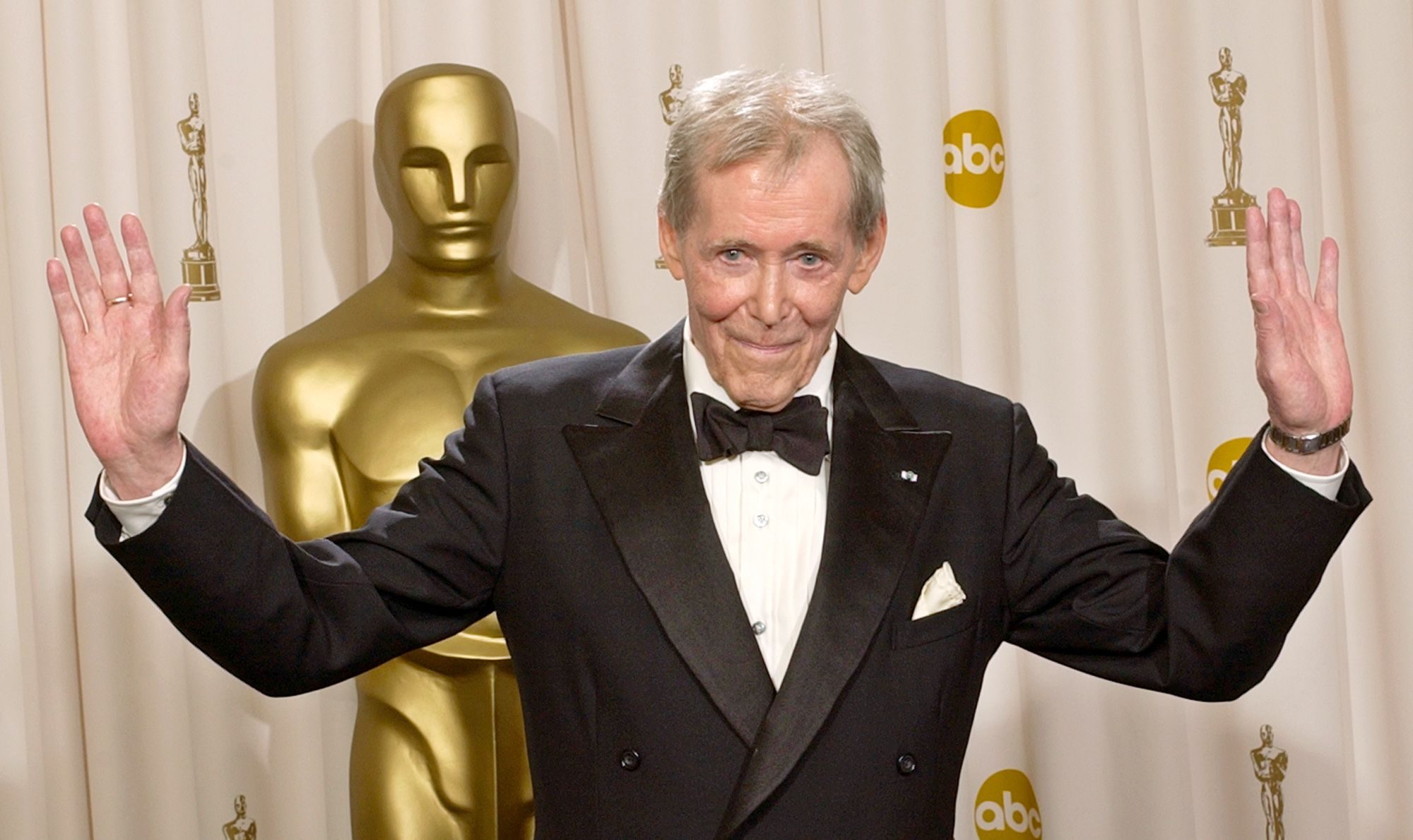
Nine times is the charm?
Peter O’Toole holds the record for most Best Actor nominations without ever winning. The Lawrence of Arabia actor, who died in 2013, had been nominated eight times; but, he did score an honorary Oscar in 2003 at the age of 70. Initially declining because he wanted to win an award outright, he finally decided to accept the honour. In his speech, he said, “Always a bridesmaid, never a bride my foot! I have my very own Oscar now to be with me ’til death do us part.” O’Toole was nominated once after that, in 2007 for Venus, but lost yet again. Runner-ups for most acting never-wins, both with seven nods, are Richard Burton and the greatest living acting loser, Glenn Close.
Are these the biggest Oscar snubs of all time?
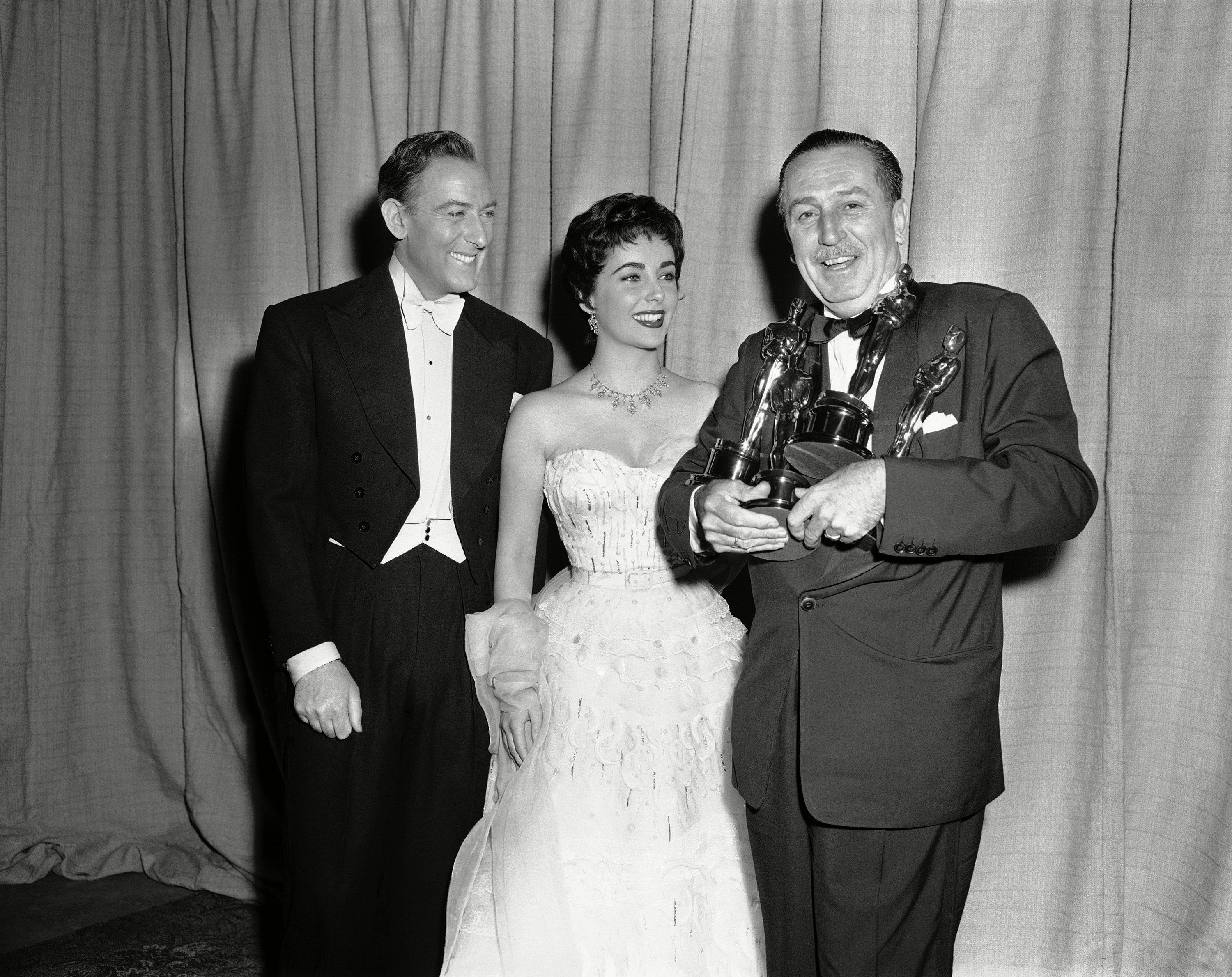
Walt Disney’s many records
Walt Disney holds the records for both the most Academy Award nominations (59) and Oscars won (26, including four honorary awards). He also holds the record for most awards won in a single year, four in 1954, for Best Cartoon Short Subject (Toot, Whistle, Plunk and Boom), Best Documentary Short Subject (The Alaskan Eskimo), Best Documentary Feature (The Living Desert), and Best Two-Reel Short Subject (Bear Country). According to the Walt Disney Family Museum in San Francisco, the museum holds the largest collection of Oscars outside Hollywood, with 20 of Disney’s statuettes on display. Find out the three things that are never allowed in Disney movies.
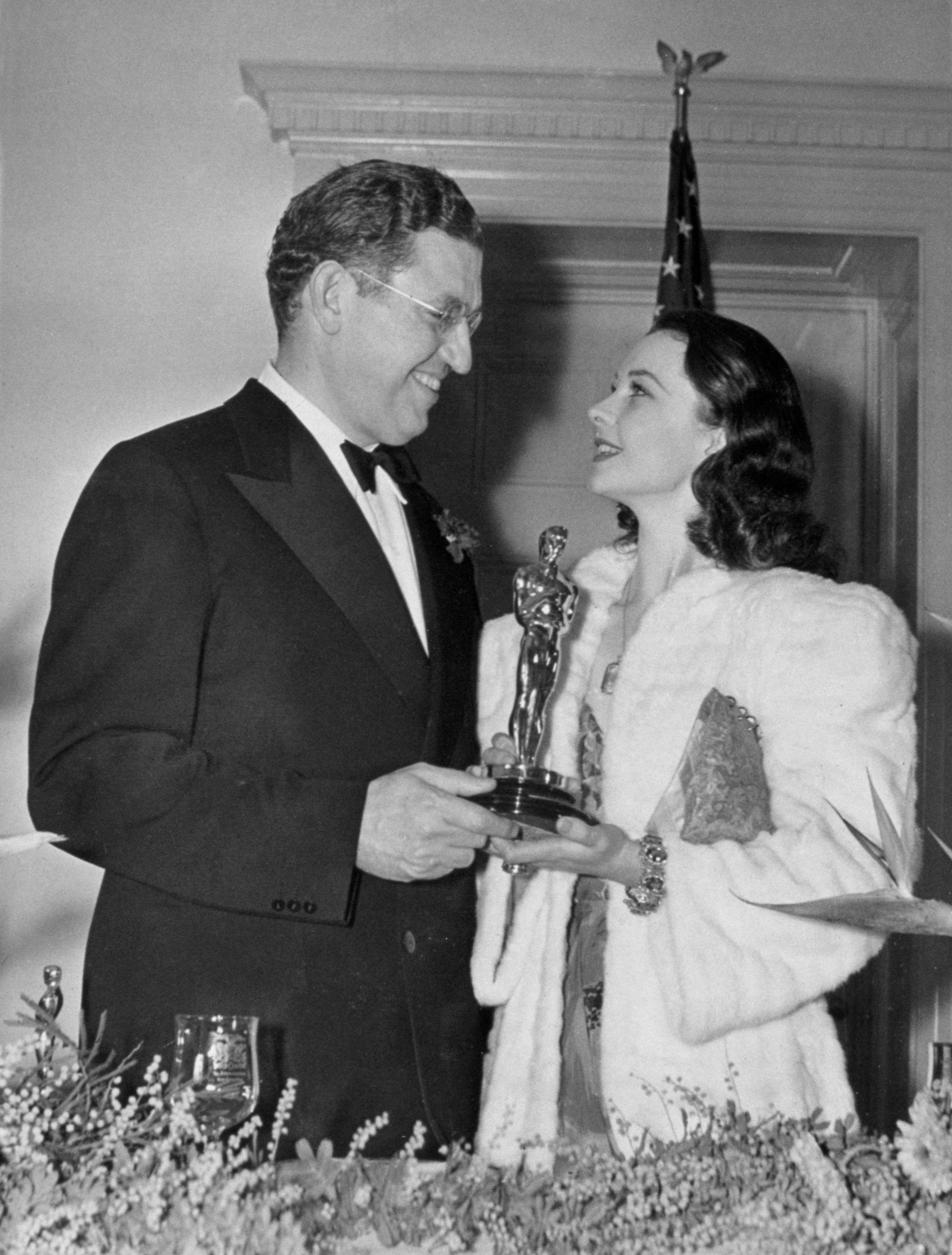
Two-hour movies have nothing on this Oscar-winning film
You may think the 210-minute run time of this year’s Oscar hopeful The Irishman is long. But at 234 minutes, Gone With The Wind is the longest film ever to win Best Picture—although that’s with Overture, Intermission, Entr’acte, and Walkout Music. The film itself, without music, is 221 minutes; Lawrence of Arabia (1962) actually beats that with 222 minutes (its additional elements put it at 232 minutes, which is why it’s sometimes seen as coming in second place). On the other hand, the shortest Best Picture winner was Marty (1955), clocking in at 91 minutes.
Don’t miss this roundup of the annoying things movies always get wrong about real life.
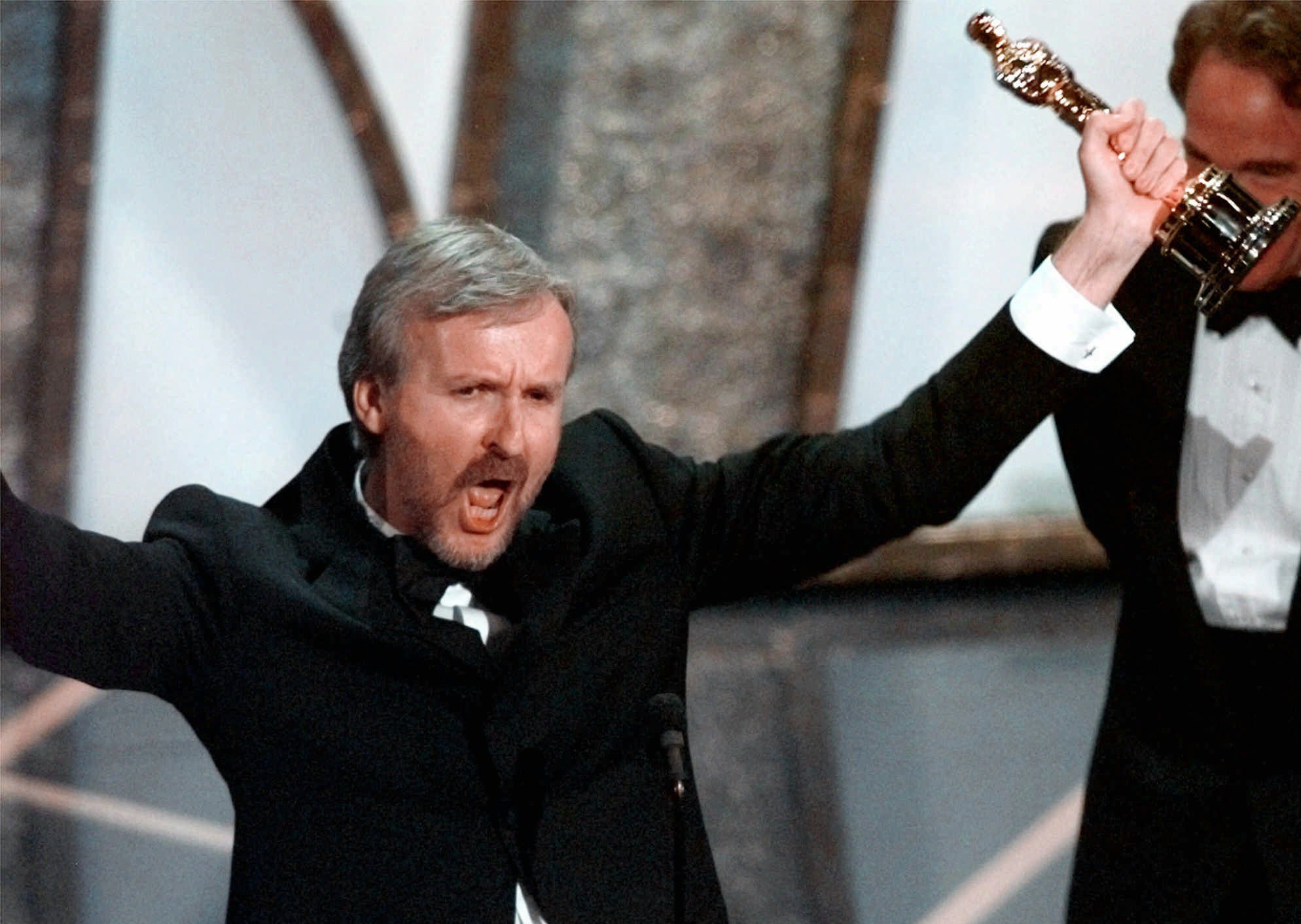
The Academy Awards show has broken a TV record
The largest U.S. TV audience was in 1998 when 52.2 million people watched Titanic win Best Picture. The award for least-watched Oscars in history was 2018, with 26.5 million viewers, 19 per cent less than the year before. The 2019 ceremony, though, offered a bit of an upswing, rising to 29.6 million viewers.
Fancy a Bond-a-thon in the lead-up to the Oscars? Here’s every James Bond film ranked—from worst to best.
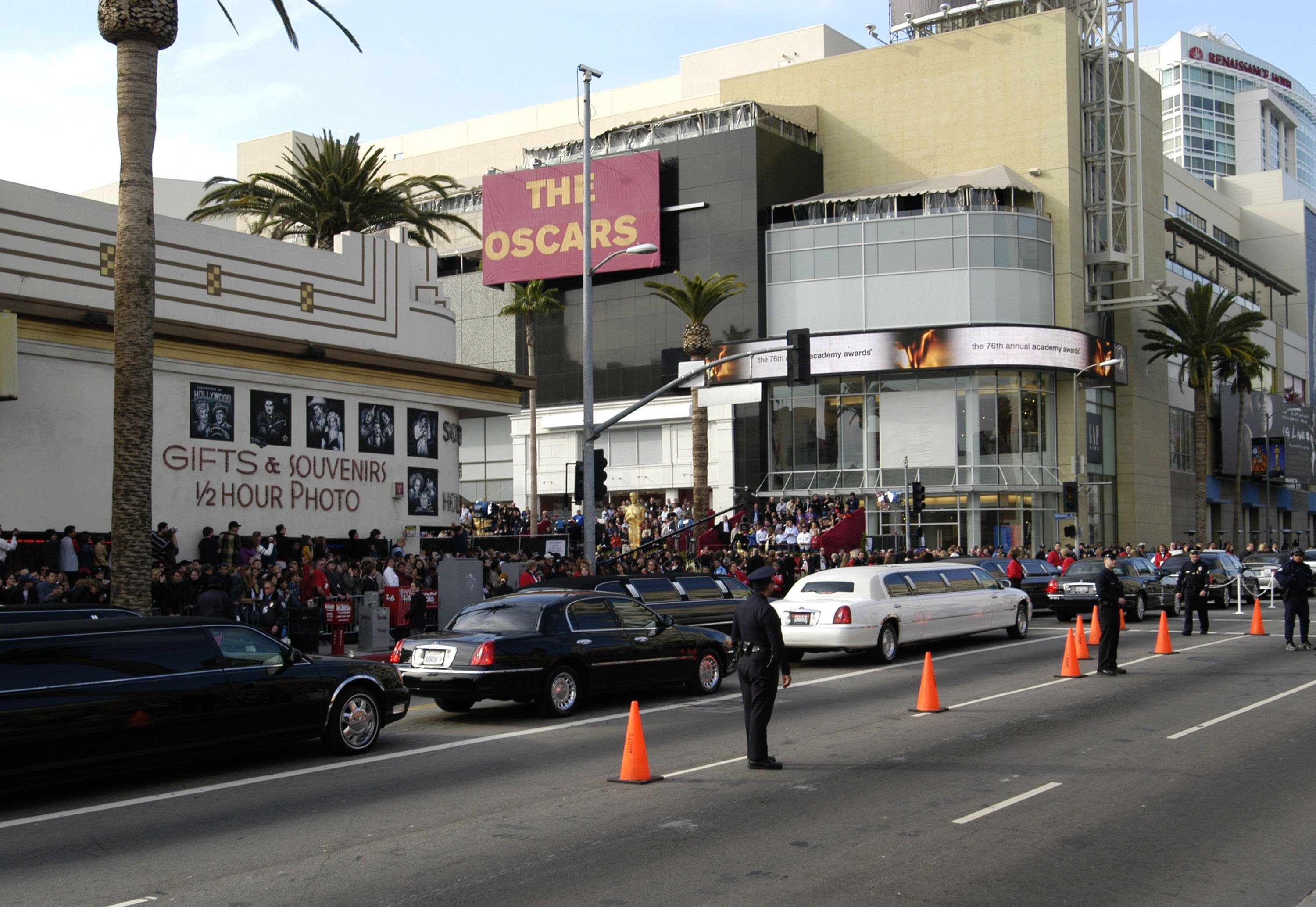
The limo business loves Oscar season
According to some reports, as many as 1,200 limos and luxury cars make their way to the Dolby Theatre for the Oscars. And it’s not just the ceremony itself that’s “driving” up business (although Uber and other ride-share apps may be cutting in): Other celebs are going to parties, stars have to be picked up at airports and dropped at hotels before heading out, and hair, makeup, stylists and even security personnel have to be transported as well. After dropping off their clients at the Oscars, the vehicles head to the Hollywood Bowl to wait out the ceremony—where else could they park in crowded L.A.?
Work up an appetite with this roundup of the all-time best movies about cooking.
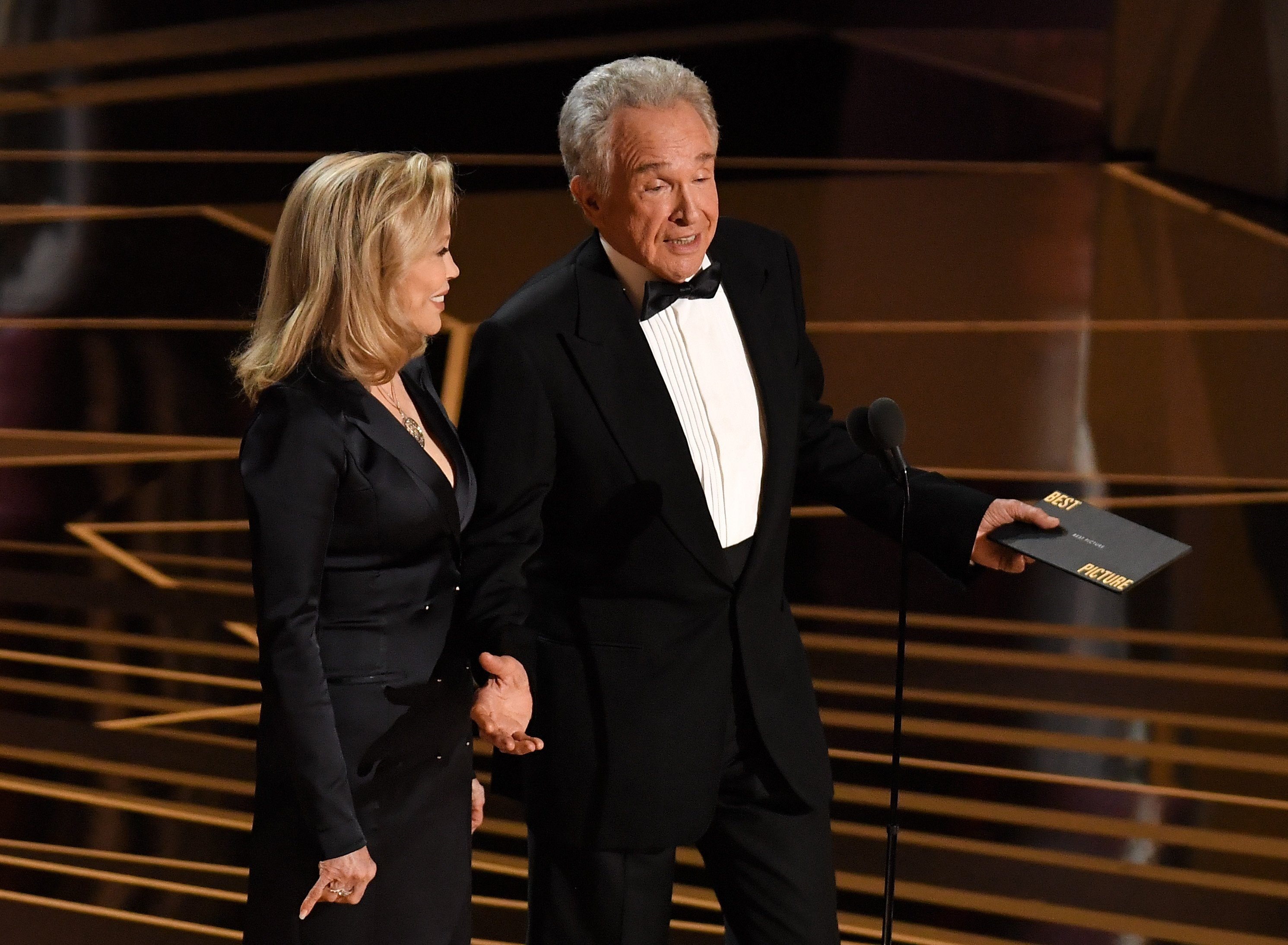
“Envelopegate” was the worst mistake ever at the Oscars
Recent Oscar viewers will remember what was perhaps the greatest Oscar flub in history. Here’s what really happened: In 2017, Best Picture presenters Warren Beatty and Faye Dunaway were mistakenly given a duplicate envelope for Best Actress winner Emma Stone—as Beatty, confused, showed Dunaway the card, she blurted out the name of the film Stone had won for, La La Land. After the producers for that film started their speech, they had to be ushered off, because the correct winner was actually Moonlight. “I thought, ‘Well, maybe this is a misprint,’ and then, ‘I shouldn’t foul up the show just because someone made a little error,'” Beatty said on The Graham Norton Show. Turns out, one of the accountants from Pricewaterhouse Coopers, the accounting firm in charge of the envelopes, handed Beatty the wrong one after reportedly being distracted while tweeting backstage. Here are more of the most memorable Academy Awards moments.
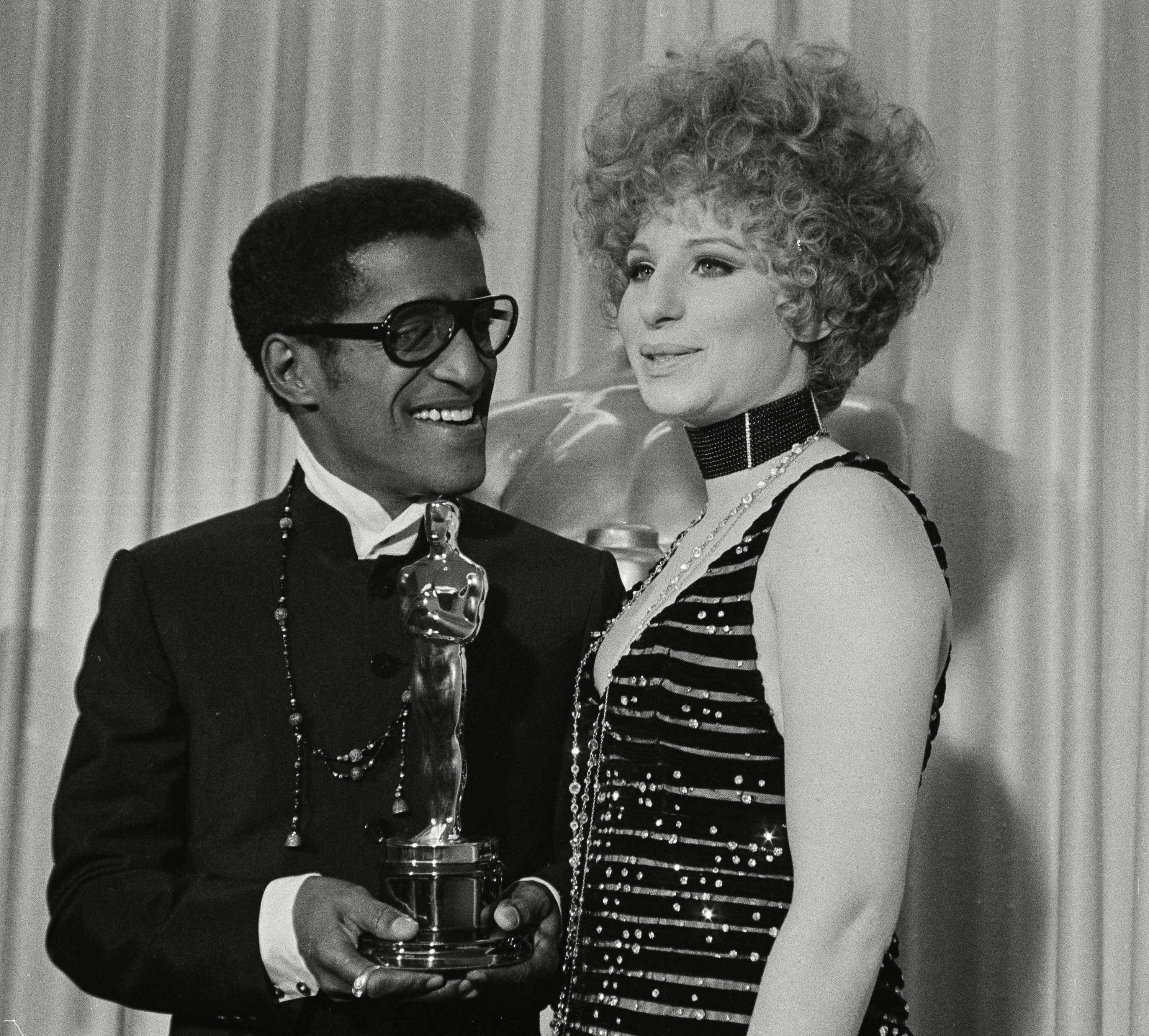
But the wrong envelope has been handed out more than once
Shockingly, 2017 wasn’t the first time a presenter has been given the wrong envelope, although in the previous case it was for a more minor award. At the 1964 Oscars, Sammy Davis Jr., presenting the Oscar for Best Adaptation or Treatment Score, read the name on the card he was handed, John Addison for Tom Jones—but as Addison hadn’t even been nominated in the category, the mistake was immediately apparent. “They handed me the wrong envelope,” Davis told the crowd. Upon being presented with the correct one and taking out his glasses, he quipped, “I ain’t gonna make no mistake this time,” before announcing the real winner, André Previn for Irma La Douce.
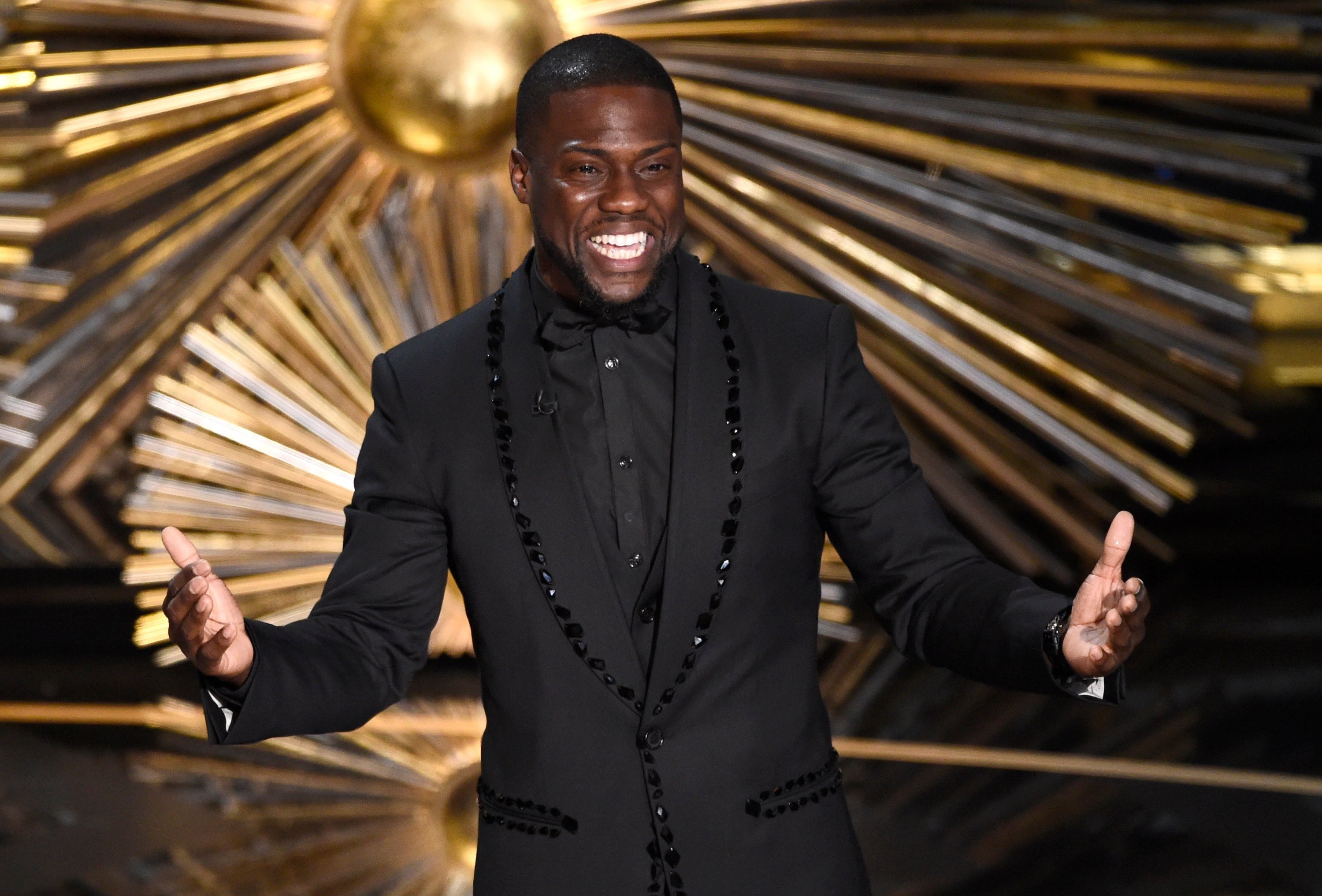
Who needs a host?
After 2019’s debacle with planned host Kevin Hart, the show went on as the first Oscars without an emcee for the first time in 30 years, since 1989. But as the lack of host didn’t appear to hurt the ratings, which actually increased from the year before, the Academy and ABC, the TV network that airs the award show, decided to go with no host again in 2020. “Together with the Academy, we have decided there will be no traditional host, repeating for us what worked last year,” ABC entertainment president Karey Burke said. “[It will have] huge entertainment values, big musical numbers, comedy, and star power.”
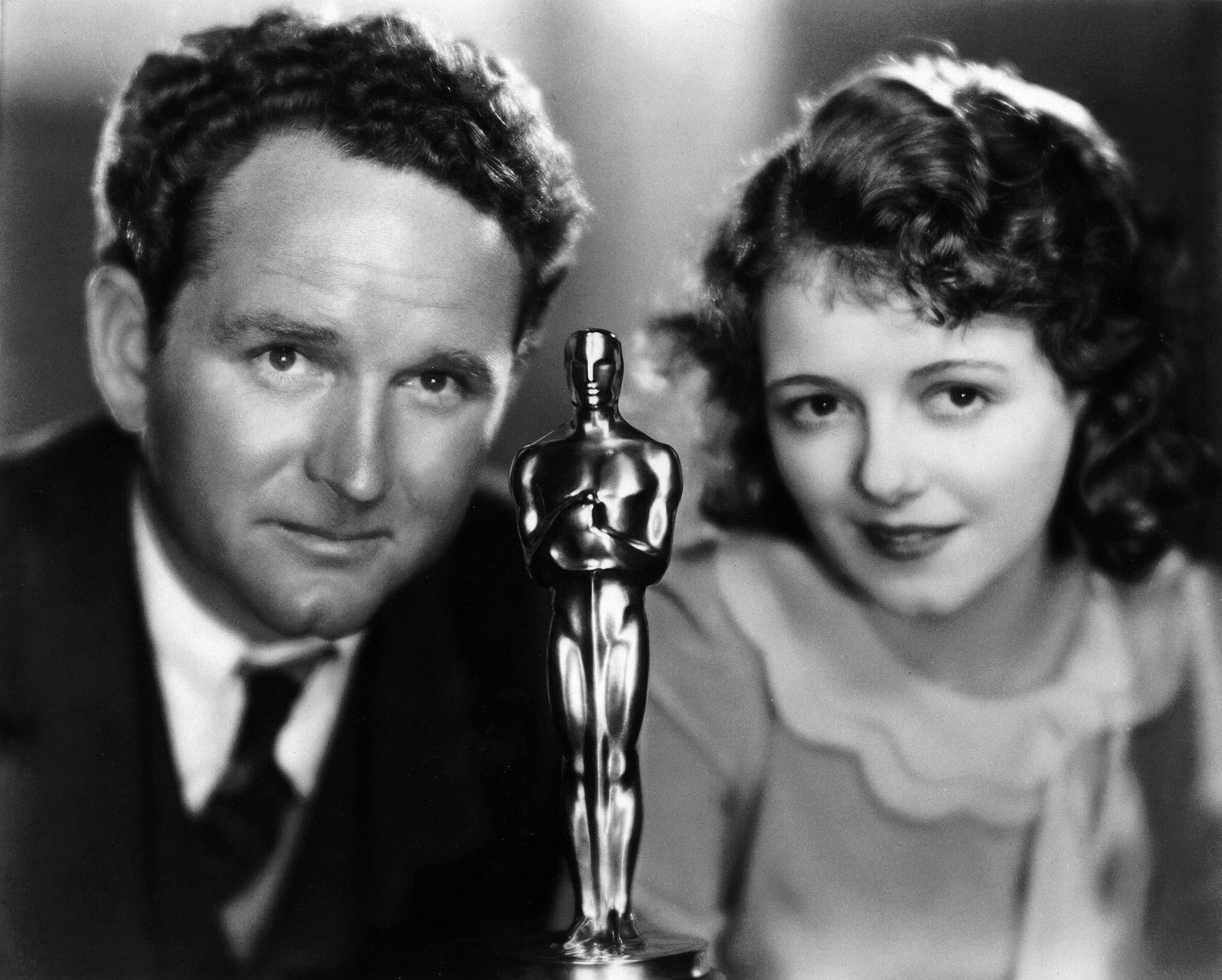
The first Oscars were nearly a century ago
It’s hard to believe the Academy Awards are almost 100 years old. The very first Oscars were held in the Blossom Room of the Hollywood Roosevelt Hotel on Thursday, May 16, 1929, with movies eligible from 1927 and 1928. The first Best Picture winner was the World War I aviation epic Wings, starring Clara Bow. The film, which won in part because of its amazing aerial scenes, also holds the distinction of being the only silent movie ever to win Best Picture. (Although The Artist, 2011’s winner, was a throwback to the silent era with no dialogue until the very end, it featured sound effects and music, so doesn’t count as a true “silent picture.”)
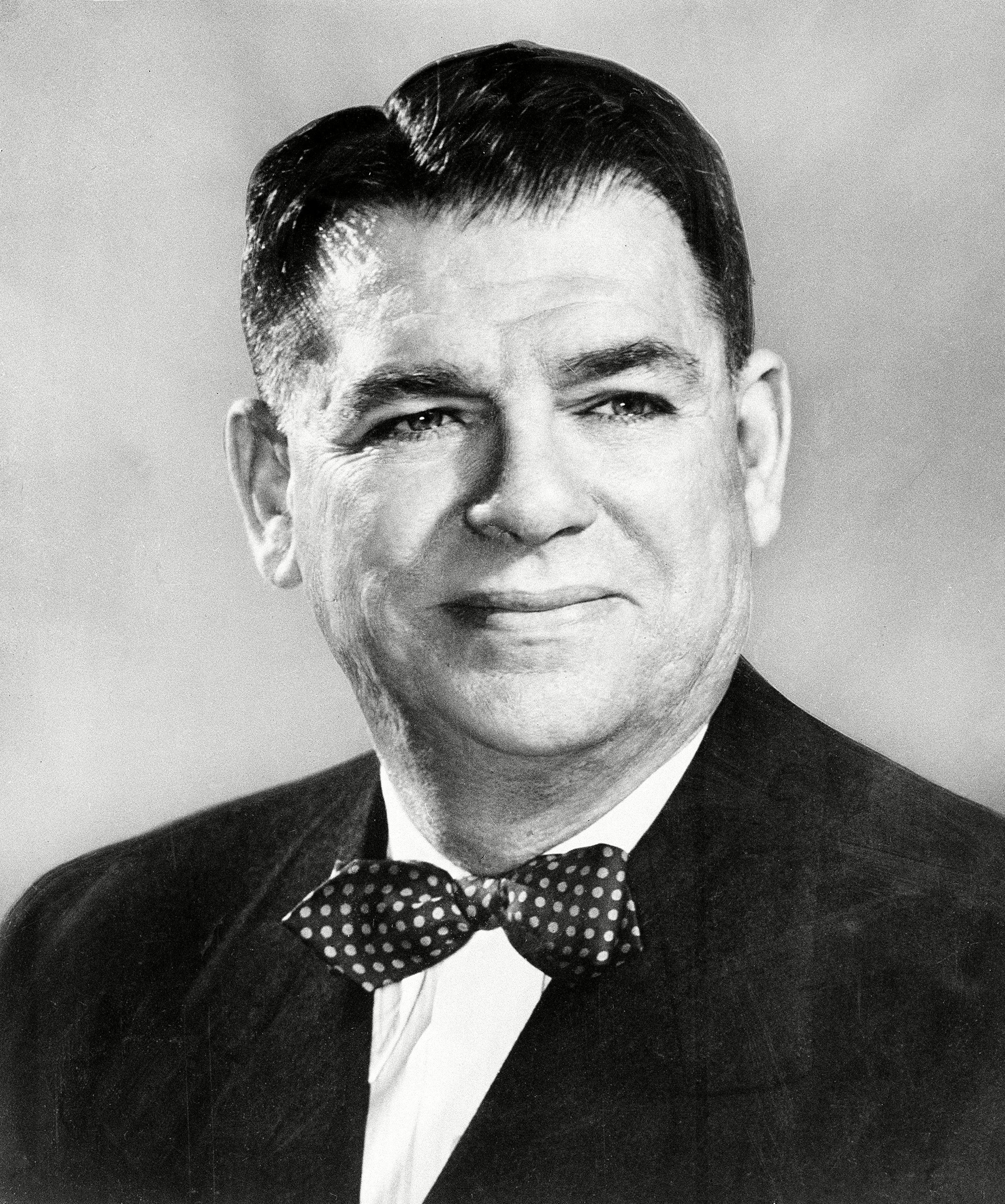
There’s only been one Oscar to win an Oscar
It’s hard to believe, but a search of the Academy’s official database yields only one person named Oscar that ever actually won an Oscar: lyricist Oscar Hammerstein II. He was nominated for five Oscars and won two, for “The Last Time I Saw Paris” from Lady Be Good (1941) and “It Might As Well Be Spring” from State Fair (1945). His music partner Richard Rodgers, who shared Hammerstein’s 1945 award, later became the first EGOT winner in history: A person so accomplished they nabbed all four major entertainment awards, an Emmy, Grammy, Oscar, and Tony.
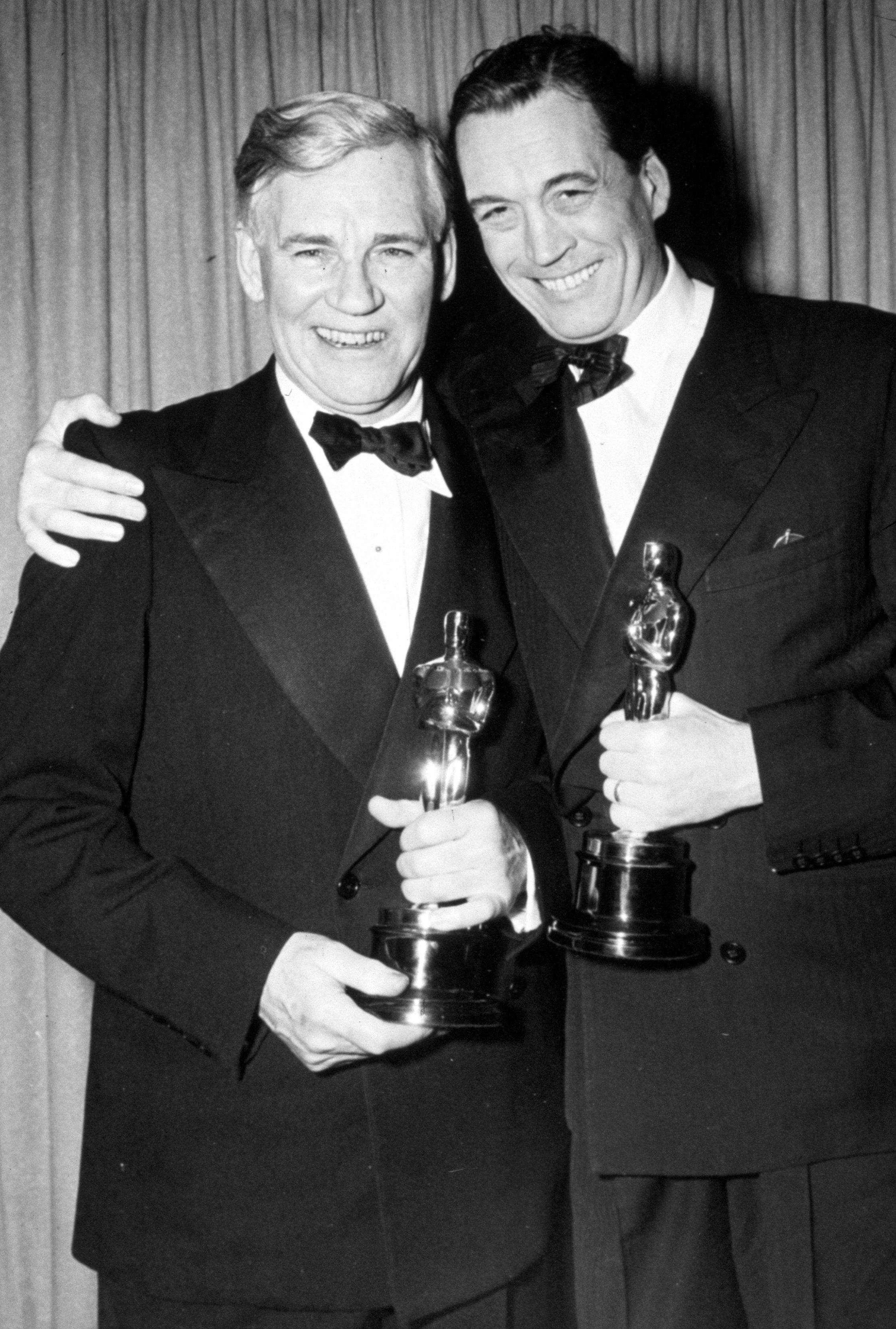
Oscars run in two families
It’s no secret that some legendary families of Hollywood have created entertainment dynasties, but only two have achieved three-generations of Oscar winners. The first is the Hustons: Walter Huston won for Best Supporting Actor for The Treasure of the Sierra Madre (1948), son John Huston won for directing the same film, and granddaughter Anjelica Huston won for Best Supporting Actress for Prizzi’s Honor (1985)—also directed by John Huston. The Coppolas are the second: Carmine Coppola won for best original dramatic score for The Godfather Part II (1974), son Francis Ford Coppola won his first Oscar in 1971 for writing Patton, and granddaughter Sofia Coppola won for her Lost in Translation (2003) screenplay.
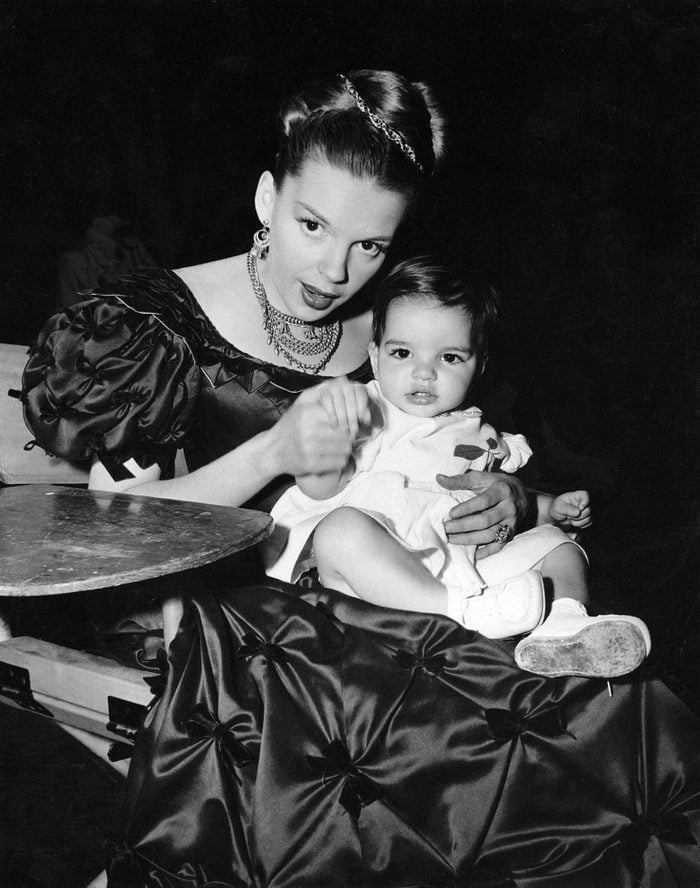
More Oscars in the family
The only Oscar winner in history whose parents also both won Oscars is Liza Minnelli, who won for Best Actress in 1973 for Cabaret. Her mother, Judy Garland, won an honorary juvenile Oscar in 1939; her father, director Vincente Minnelli, won for Gigi in 1959. Interestingly, if Renee Zellweger, nominated for Best Actress for playing Garland in this year’s Oscar contender Judy, takes home the statue, she’ll be only the second Oscar winner to win for playing an Oscar winner. The only person to have done so, so far, is Cate Blanchett, who won in 2005 for portraying Katharine Hepburn in The Aviator.
Are these the most historically inaccurate movies ever made?
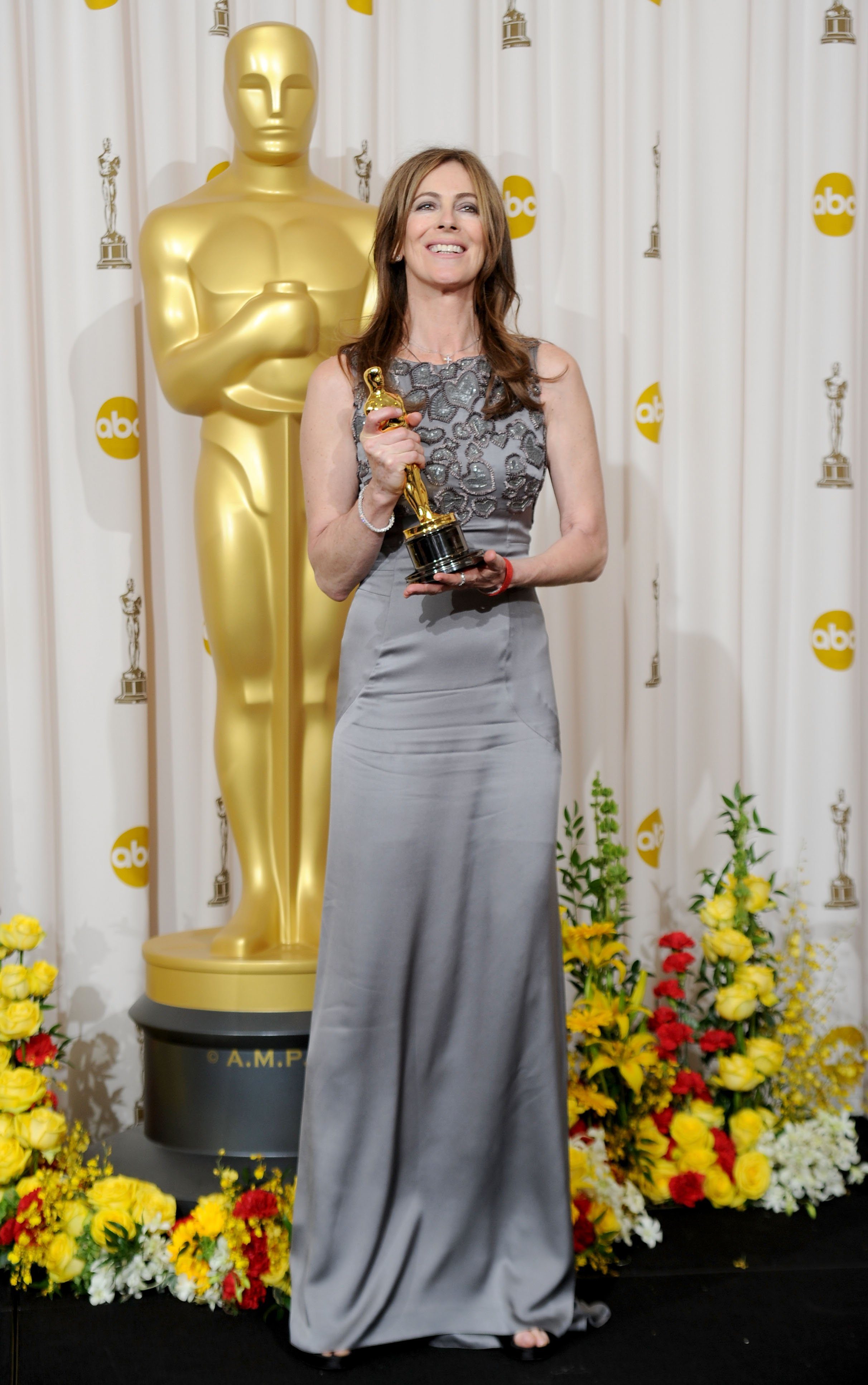
Female directors aren’t well-represented at the awards
Speaking of director Sophia Coppola, only five women have ever been nominated for best director—and only one has won. The sole female winner is Kathryn Bigelow (The Hurt Locker, 2009); the other nominees are Lina Wertmuller (Seven Beauties, 1976), Jane Campion (The Piano, 1993), Sofia Coppola (Lost in Translation, 2003), and Greta Gerwig (Lady Bird, 2017). (Brush up on the stories of nine amazing women you didn’t learn about in history class.) Nine more movies nominated for Best Picture have been directed by a woman without receiving a Best Director nod. In addition, only six black people, all men, have ever been nominated for Best Director—but not one has won.
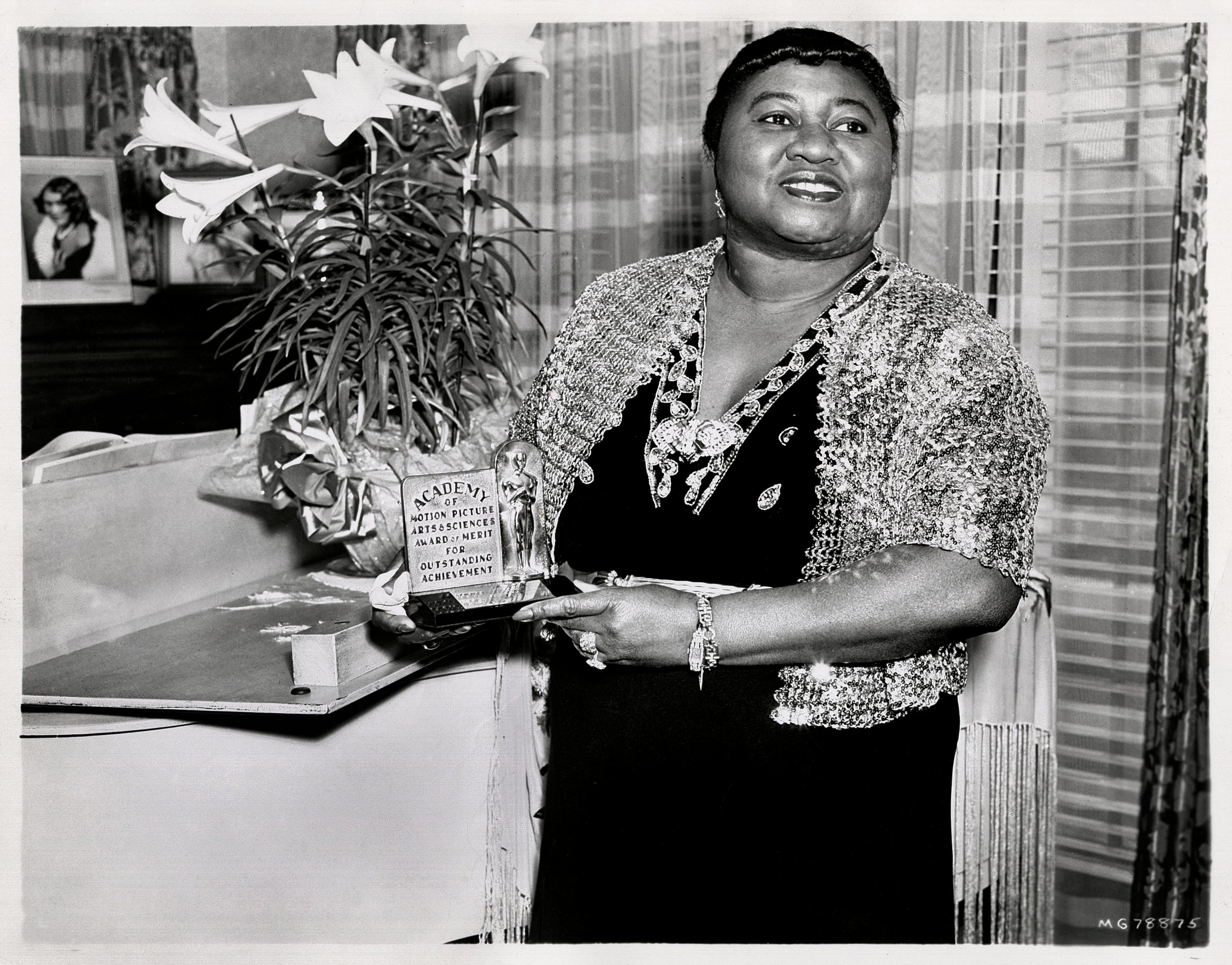
The Oscars are becoming more diverse
In recent years, minority representation at the Oscars does seem to be improving—if slowly. Following an Oscar boycott and the social media hashtag #OscarsSoWhite, the Academy vowed to level the playing field. “The Board of Governors of the Academy of Motion Picture Arts and Sciences approved a sweeping series of substantive changes designed to make the Academy’s membership, its governing bodies, and its voting members significantly more diverse,” read a 2016 statement. “The Board’s goal is to commit to doubling the number of women and diverse members of the Academy by 2020.” Last year’s Oscars gave us the first black costume designer and production designer, as well as wins for people of colour for Best Actor, Supporting Actor and Actress, Screenplay, and Best Animated Feature.
The first person of colour to ever win an Oscar was Hattie McDaniel for Best Supporting Actress for Gone With the Wind in 1940; the first black man was Sidney Poitier for Best Actor in 1964 for Lilies of the Field. Halle Berry was the first black woman to win Best Actress, in 2002 for Monster’s Ball.
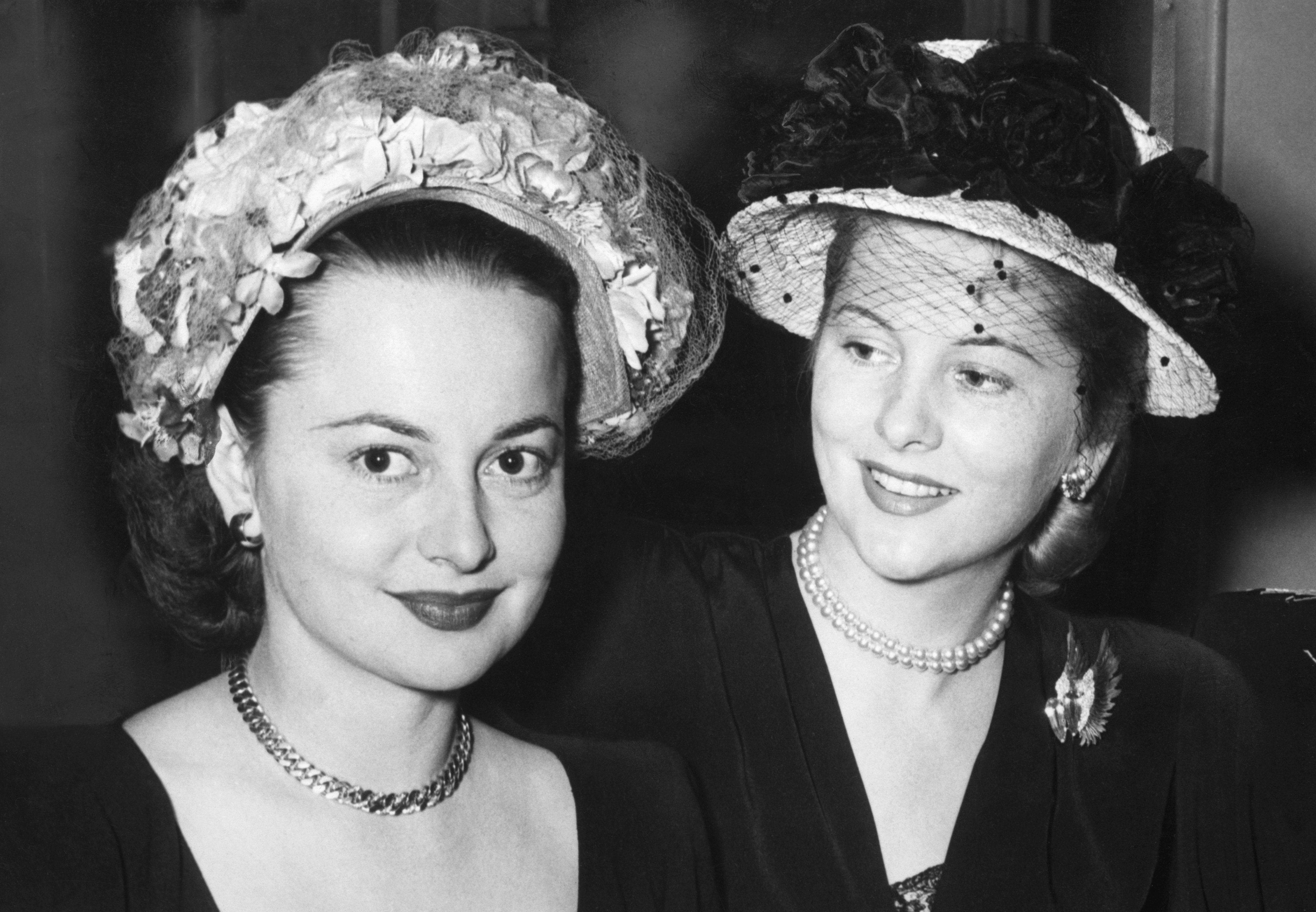
Sibling rivalry over Oscars has happened
Many siblings have also been nominated for Oscars, including Jake and Maggie Gyllenhaal, Eric and Julia Roberts, Lynn and Vanessa Redgrave, Shirley MacLaine and Warren Beatty (did you know they were brother and sister?), and Joaquin and River Phoenix. But only two pairs have ever won for acting awards, including Lionel Barrymore, who won in 1931, and sister Ethel, who won in 1944. The second set, though, takes the cake for reportedly fueling the flames of a long-simmering rivalry. At the 1942 Oscars, Joan Fontaine and sister Olivia de Havilland were both nominated for Best Actress, but Fontaine won for Suspicion. The feud, one of the 13 most famous sister rivalries in history, lasted throughout their lifetimes: Fontaine died at 96 in 2013; de Havilland (the oldest living Oscar winner, who later nabbed two statuettes) is still alive at 103.
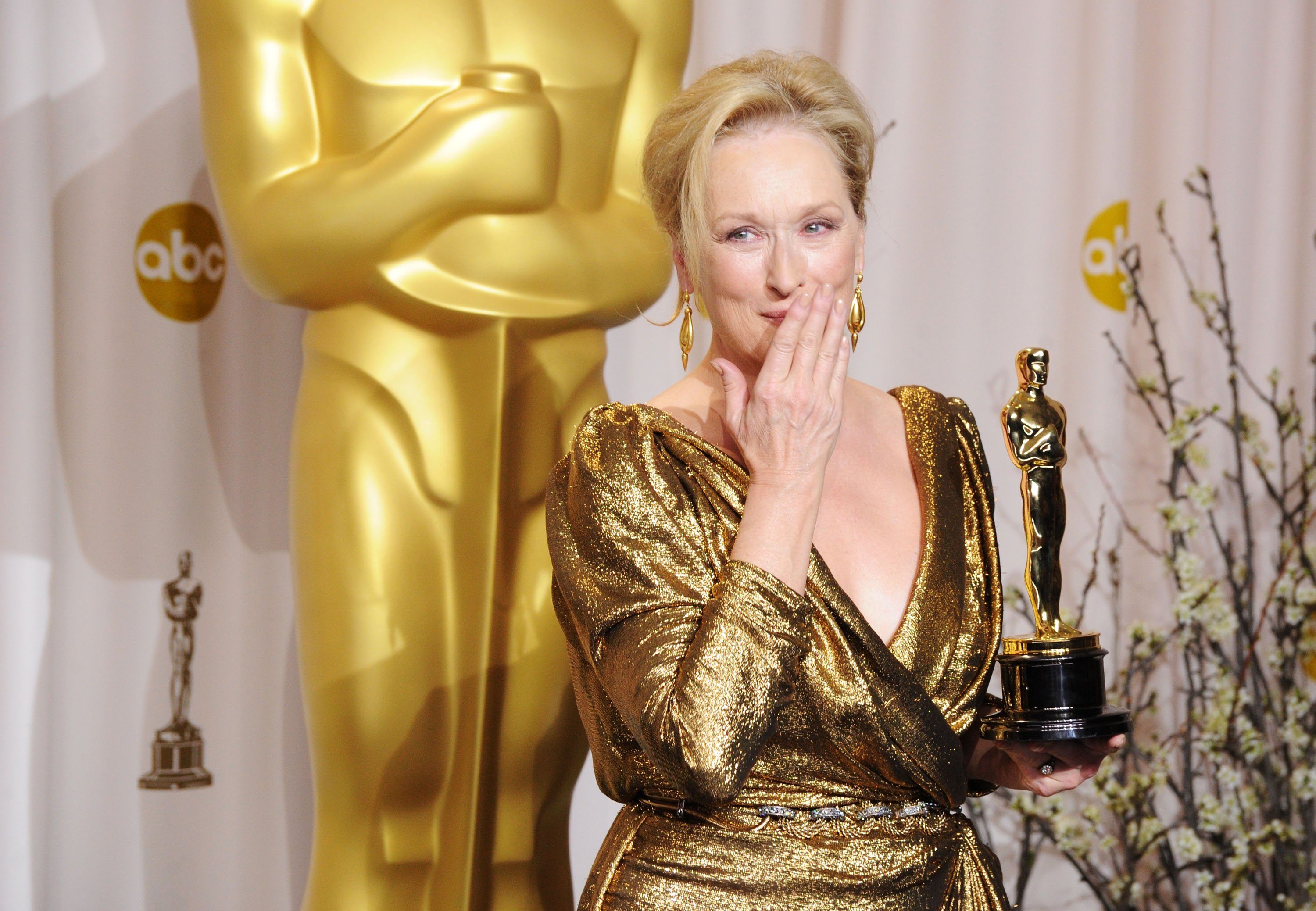
These are the actors most honoured by Oscar
The most nominated actor or actress in history may come as no surprise, as she’s considered the greatest living actor: Meryl Streep, who’s been nominated a whopping 21 times. But, she’s “only” won three; the most acting Oscars record, male or female, goes to Katharine Hepburn, who won four times out of 12 nominations. Streep ties for second place for female actor wins with Ingrid Bergman, who also has three statuettes. The most nominated male actor is Jack Nicholson with 12 nominations and three wins—Daniel Day-Lewis and Walter Brennan also have three wins, but only six and four nominations respectively.
Think you know your Academy Awards facts? Take our Oscars quiz!
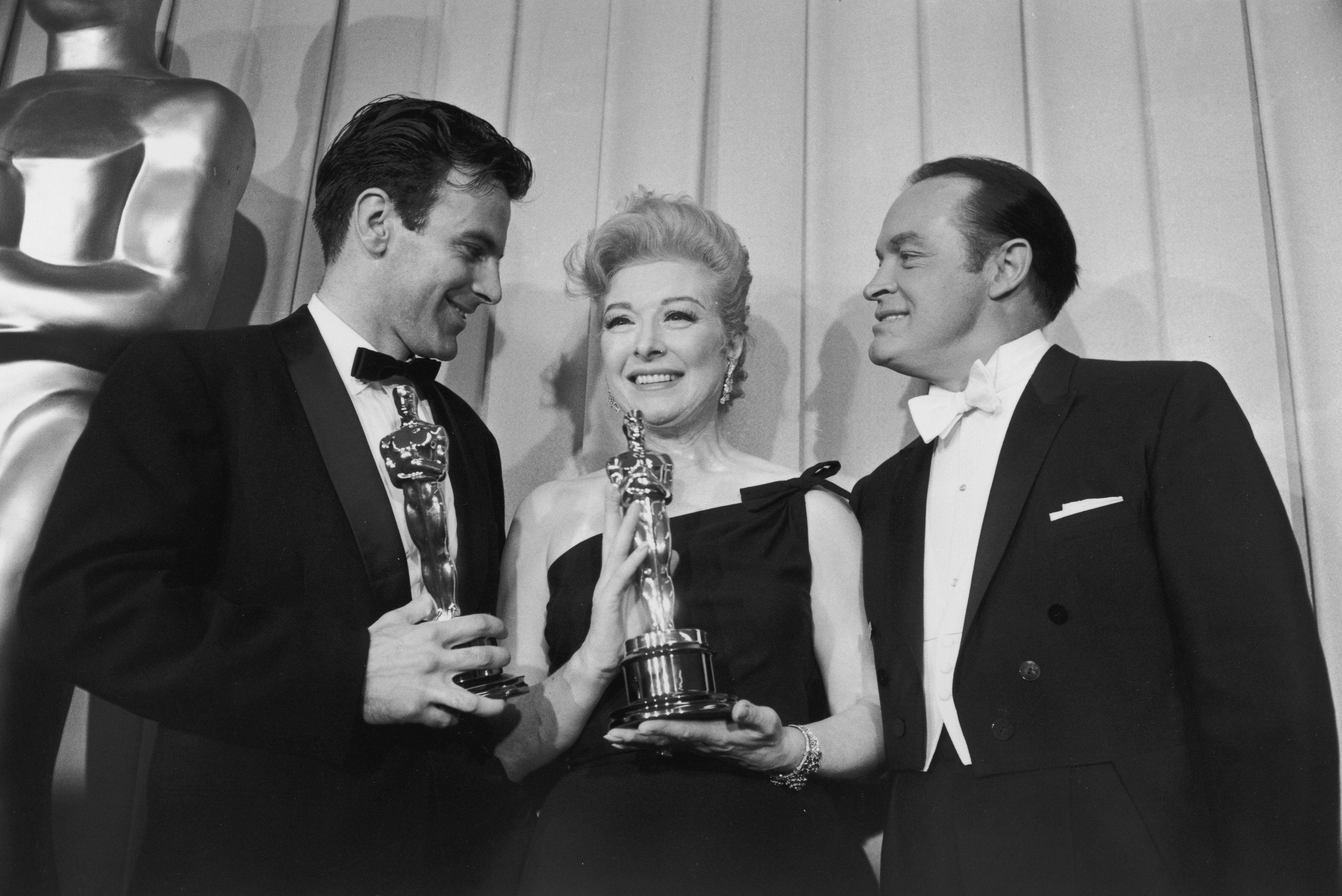
And you thought today’s acceptance speeches are long!
The longest acceptance speech ever was Greer Garson for her 1942 Best Actress win for Mrs. Miniver. The actress droned on for over five minutes, which many believe led to the first time limits. Other verbose winners included Hilary Swank in 2000 for Boys Don’t Cry and Adrien Brody in 2002 for The Pianist, both at over three minutes. In 2010, the Academy stressed a 45-second time limit in an effort to stop winners from taking out a literal laundry list of people to thank, encouraging them to use the time instead for more meaningful content. On the flip side, the shortest acceptance speech (in which there was only one speaker) was Patty Duke in 1963. The 16-year-old, who won Best Supporting Actress for The Miracle Worker, said two simple words: “Thank you.” You’ll tear up at these incredibly inspiring quotes from Oscar acceptance speeches.
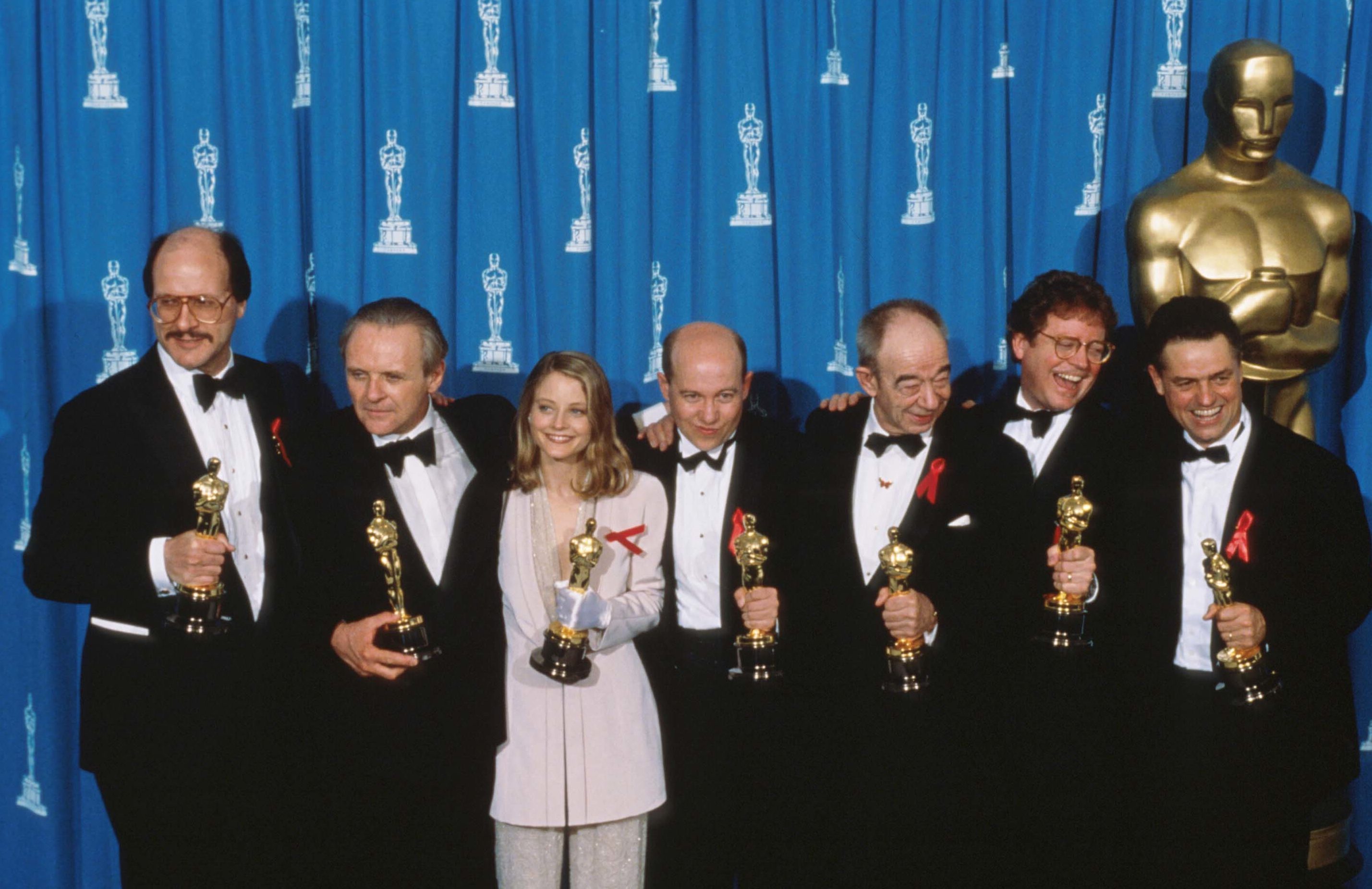
Only three movies have won “big”
Despite that the three winning-est movies took home 11 statuettes, only three different films snagged the “big five,” picture, director, actor, actress, and screenplay: It Happened One Night (1934), One Flew Over the Cuckoo’s Nest (1975), and The Silence of the Lambs (1991, also the only horror flick ever to win Best Picture). Also amazingly, no movie has ever taken home all four acting awards, and only two films have ever taken home three: A Streetcar Named Desire (1951) won for Best Supporting Actress (Kim Hunter), Best Supporting Actor (Karl Malden), and Best Actress (Vivien Leigh); Marlon Brando lost his Best Actor nod. Likewise, Network (1976) also lost Best Actor (William Holden was nominated) but won Best Supporting Actress (Beatrice Straight), Best Supporting Actor (Peter Finch, in the first-ever posthumous acting Oscar win), and Best Actress (Faye Dunaway). Next, check out every Oscar Best Picture winner, ranked.